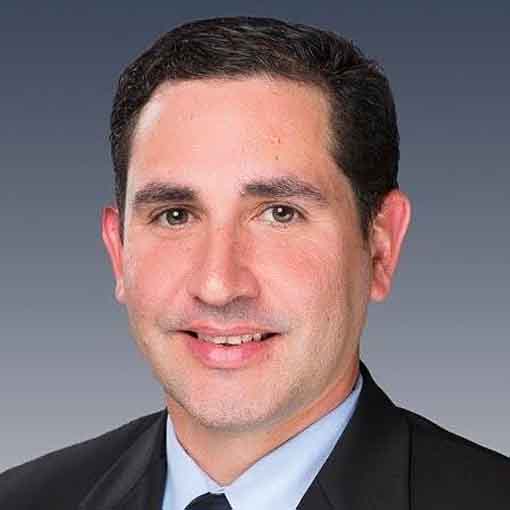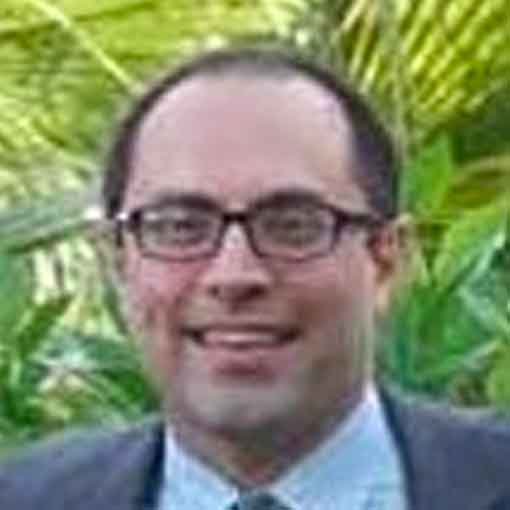Post-ASCO Summary: ctDNA as a patient selection and early efficacy marker in drug development
In recent months, a wealth of data has emerged in support of using ctDNA to identify patient populations who may benefit from additional treatment and to provide early efficacy signals within weeks of beginning treatment.
Our expert speakers will discuss the latest data from ASCO 2023 and other recent publications and congresses. This will be followed by a panel discussion on the future directions and implications for drug development and clinical trial design in this rapidly evolving space.
Findings presented will span treatment settings and tumor types, including:
Colorectal cancer:
- Updated analyses from the prospective CIRCULATE-Japan study demonstrating that post-op ctDNA status and clearance is prognostic of outcomes (Oki et al., ASCO 2023; inclusive of 2,000+ patients) and can be predictive of adjuvant chemotherapy benefit (Kotani et al., Nature Medicine 2023)
- ctDNA surveillance identified patients with molecular residual disease (MRD), in the absence of radiologically evident disease, for enrollment onto MRD-focused clinical trials (Dasari et al., ASCO 2023)
- Real-world analysis of 13,000+ patients with stage I-III colorectal cancer identified differentiating genomic characteristics of early vs. late onset disease, with the potential to guide personalization of therapies (Lander et al., ASCO 2023)
Breast cancer:
- Early ctDNA dynamics during neoadjuvant chemotherapy predicted clinical outcomes in high-risk early-stage HER2-negative breast cancers (Magbanua et al, Cancer Cell 2023, George et al., ESMO Breast 2023)
- Early stage TNBC patients who were ctDNA-positive post-op did not clear on capecitabine, suggesting a need for novel agents in the adjuvant setting (Gupta et al., ESMO Breast 2023)
Lung cancer:
- Early ctDNA dynamics, 6-9 weeks following treatment start, correlated with survival benefit from immunotherapy (Vokes et al., ASCO 2023) and immunotherapy + chemotherapy (Awad et al., Cancer Cell 2022)
- Post-operative and longitudinal ctDNA status were strongly prognostic of disease recurrence in stage I-II NSCLC, across subtypes (Dinerman et al., AATS 2023)
Implications for drug development:
- Patients who have persistent or increasing levels of ctDNA may benefit from treatment with investigational therapies; real-world patients can be matched to clinical trials which may accelerate ctDNA-guided trial enrollment
- Assessment of early changes in levels of ctDNA, within weeks of beginning therapy, could support accelerated decision-making






